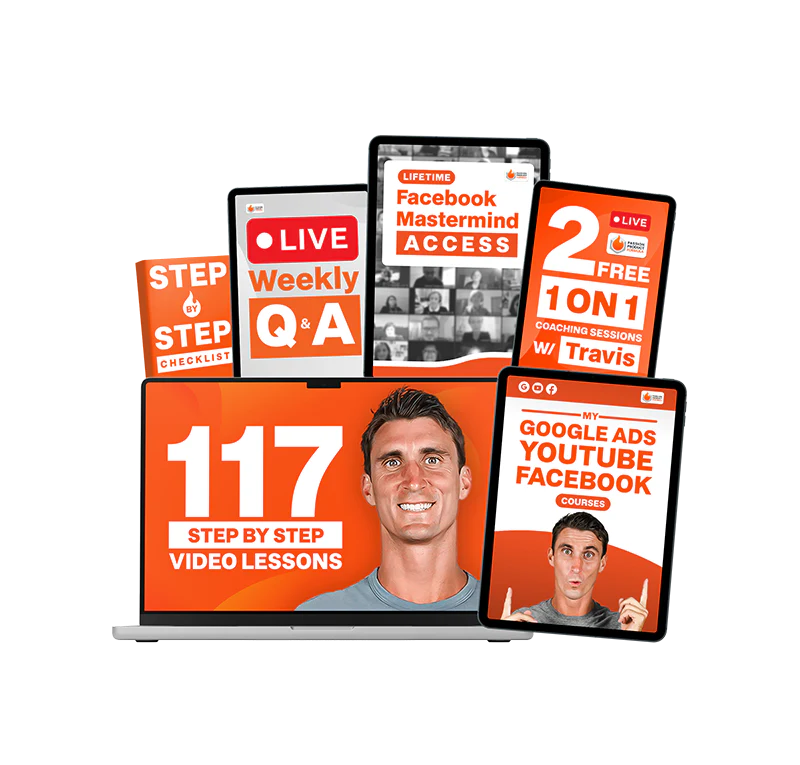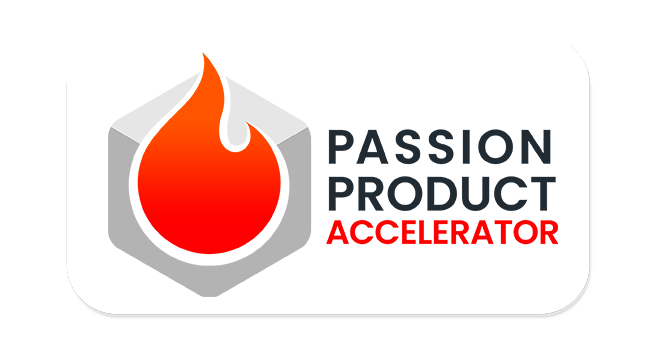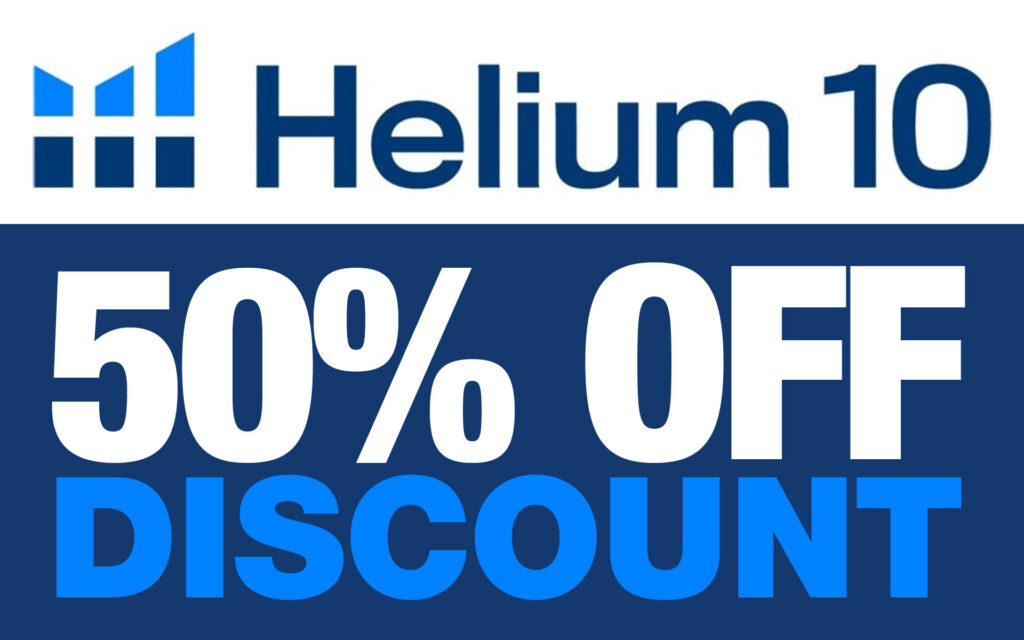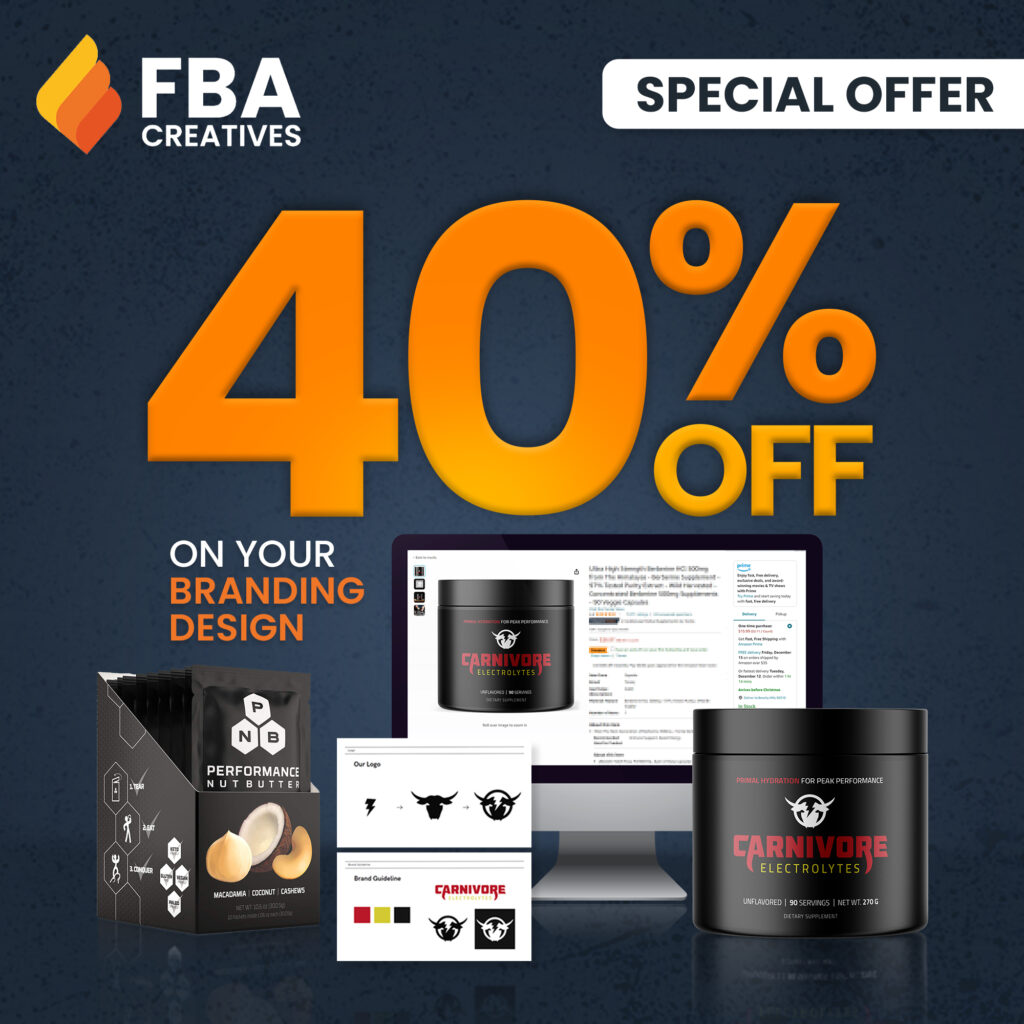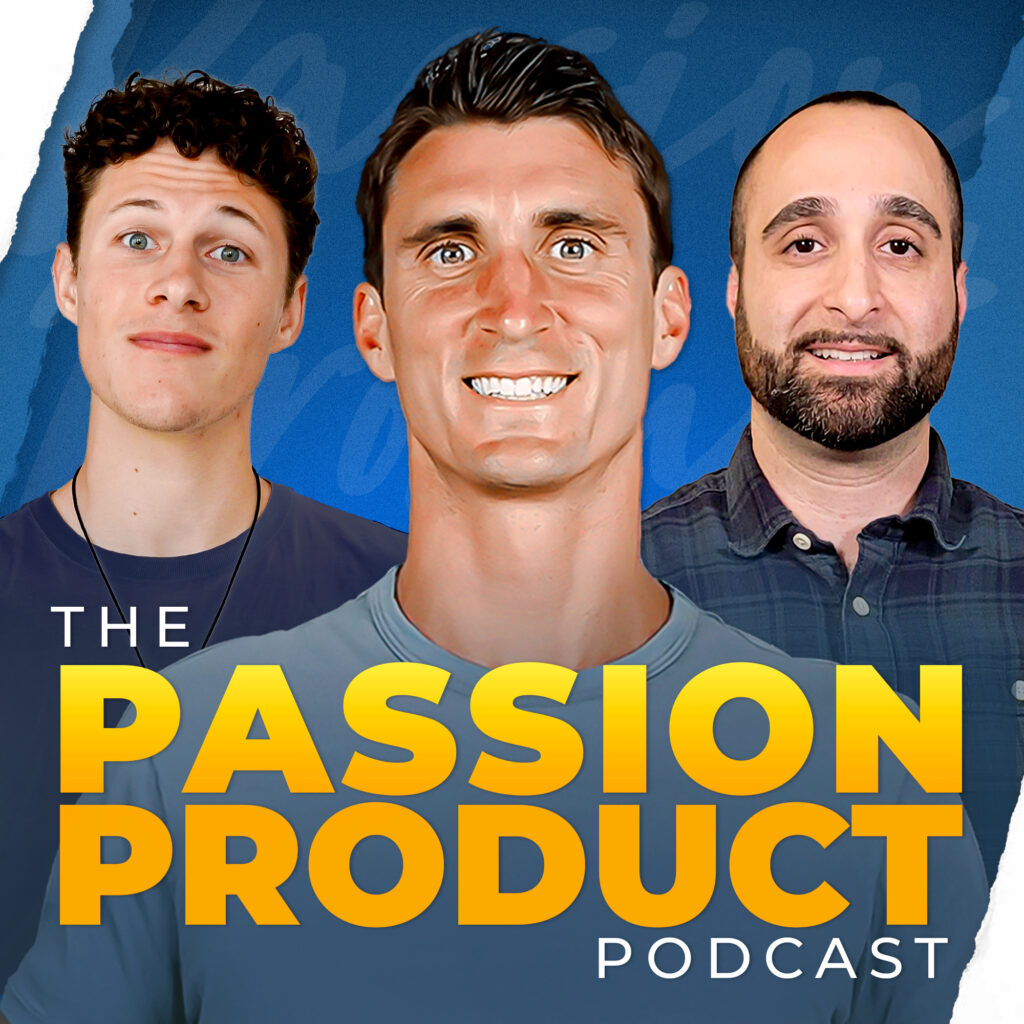Success in the world of e-commerce is not just about having a great product; it requires strategy, perseverance, and smart decision-making. Hank Watt, the founder of Nature’s Wildberry, is a prime example of how passion and dedication can turn an idea into a multimillion-dollar business. His journey, from struggling in corporate sales jobs to securing a deal on Shark Tank and generating over $1.5 million in revenue on Amazon, is nothing short of inspiring.
In this blog, we will break down Hank’s journey, highlighting the key decisions, challenges, and strategies that led to his success. We will also cover the costly mistakes he made along the way so you can avoid them in your own entrepreneurial journey. Lastly, we will explore how the Passion Product Formula played a crucial role in building his business. If you have ever dreamed of launching your own product, this guide will show you exactly how it’s done
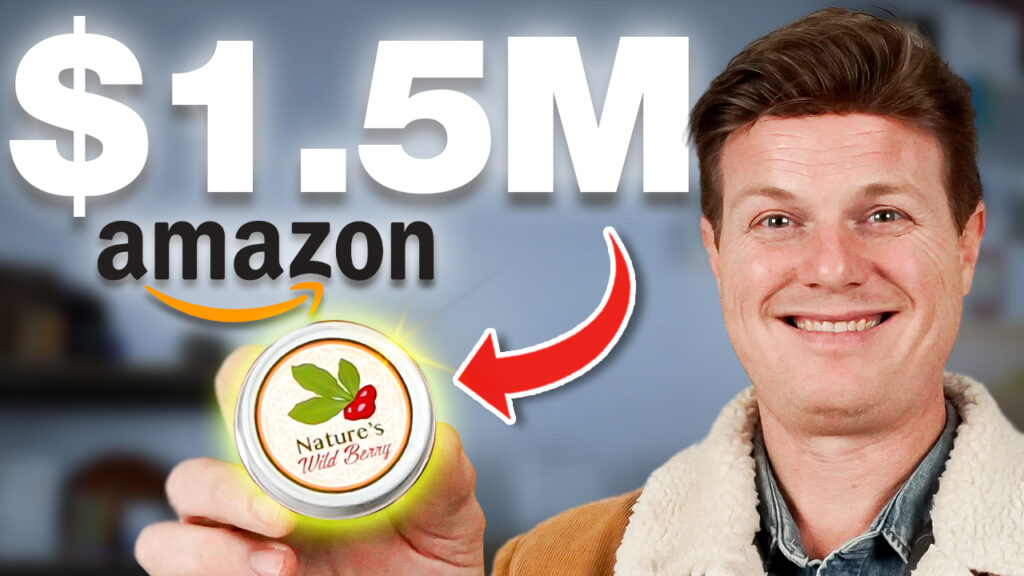
- from corporate to Passive Income
- Bringing a Unique Product to amazon FBA
- Securing a Deal on Shark Tank
- Launching on Amazon FBA: First Steps
- Product Branding and Packaging on a Budget
- Legal Protections and Business Structure
- Finding a Manufacturer and First Production Run
- First-Year Sales on Amazon FBA
- The 3 Costly Mistakes That Cost me millions
- Key Takeaways for amazon fBA Sellers
- FAQs
from corporate to Passive Income
Hank Watt’s story begins with a familiar struggle: being stuck in unfulfilling corporate jobs. The repetitive cycle of working paycheck to paycheck left him feeling frustrated and unmotivated. Worse yet, he found himself getting fired multiple times, leading to uncertainty about his future.
However, one life-changing moment occurred at a family reunion when he discovered the miracle berry — a natural fruit that temporarily changes the taste of sour foods, making them taste sweet. This fascinating experience sparked an idea: what if he could turn this unique berry into a profitable product?
Despite the excitement, there were major obstacles to overcome. The berries were perishable and expensive, making them difficult to sell on a large scale. But instead of giving up, Hank saw an opportunity to innovate. He understood that successful businesses are built on solving real problems, and in this case, the problem was making miracle berries more affordable and accessible to consumers.
Many entrepreneurs face this dilemma: they have a great idea but struggle with execution. Hank took proactive steps by researching, networking, and learning about business fundamentals. This drive to be his own boss and escape the cycle of corporate burnout fueled his determination to bring Nature’s Wildberry to life.
Bringing a Unique Product to amazon FBA
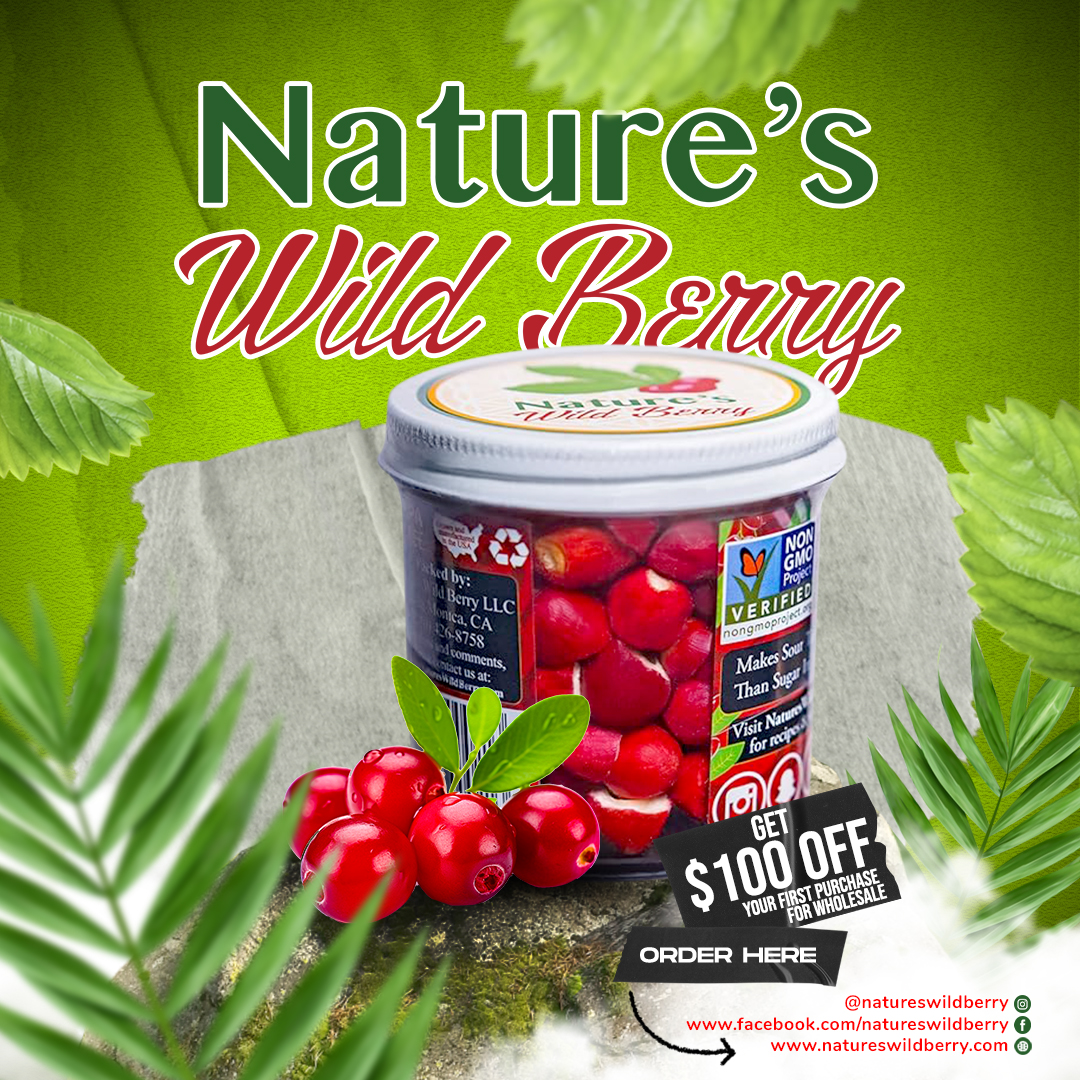
Recognizing the high cost and perishability of the miracle berry, Hank partnered with a restaurateur friend to develop a solution. Together, they experimented with different preservation methods, ensuring that the berries could be stored long-term without losing their unique properties. After numerous trials and errors, they finally discovered a way to freeze-dry the berries while maintaining their taste-altering effects.
While solving the preservation issue was a major breakthrough, the next hurdle was marketing. Since most people had never heard of miracle berries, they required significant education before making a purchase. The question was: how could they spread awareness without spending a fortune on advertising? The answer? Shark Tank.
A unique product like Nature’s Wildberry needed a strong narrative. Hank understood that consumers are drawn to compelling stories, so he refined his pitch to emphasize how the berries could enhance everyday experiences. He also engaged in early testing by sharing the product with friends and family, gathering valuable feedback that helped shape the final version of the berry tablets.
Securing a Deal on Shark Tank
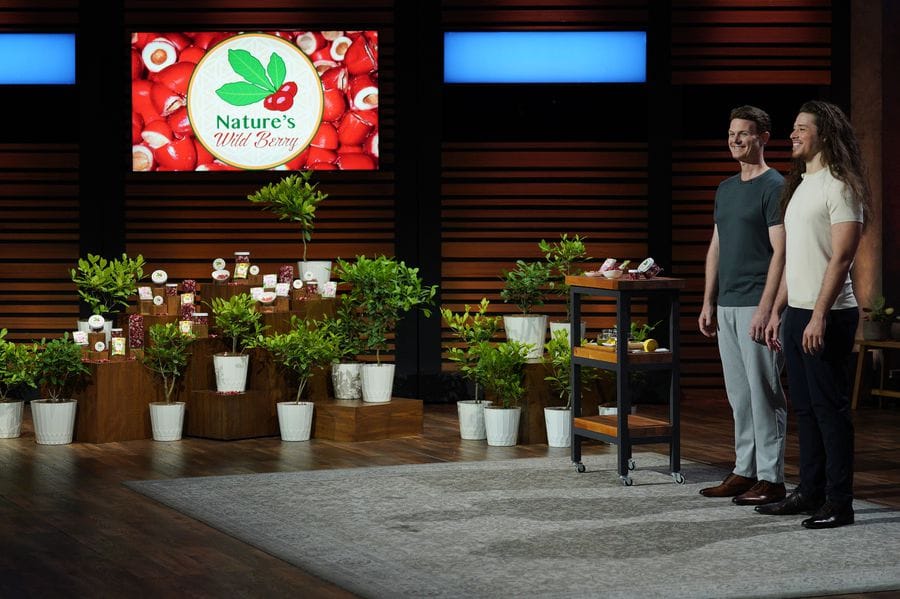
Shark Tank was the perfect platform to introduce the world to Nature’s Wildberry. Getting onto the show was no easy task, but Hank leveraged LinkedIn to connect with producers and staff, eventually securing a spot on the show. This highlights an important lesson for entrepreneurs: networking is key. Opportunities often arise from connections, and Hank made sure to put himself in the right places to make his dream a reality.
Once on Shark Tank, Hank faced an intense bidding war. The Sharks saw the potential in his product, and after much negotiation, he secured a deal with Lori Greiner and Mark Cuban. While landing a deal with two powerhouse investors was a dream come true, it was only the beginning of his entrepreneurial journey. The real challenge lay ahead: scaling production, managing logistics, and ensuring the business remained profitable despite high costs.
Beyond the investment itself, Shark Tank provided invaluable exposure. The brand gained instant credibility, and customers began searching for Nature’s Wildberry online. This demonstrates how a strong PR strategy can be just as important as funding when launching a new business.
Launching on Amazon FBA: First Steps

With the momentum from Shark Tank, Hank decided to launch his product on Amazon FBA (Fulfilled by Amazon). This decision allowed Amazon to handle storage, packaging, and shipping, freeing up time for Hank to focus on growth.
However, starting an Amazon business required an initial investment. Hank spent over $6,000 setting up his website, QuickBooks, and marketplace fees. While this was a significant cost upfront, it set the foundation for his future success.
Amazon FBA offers a powerful advantage: access to millions of potential customers. However, it also comes with challenges, such as competition, fees, and strict seller guidelines. Hank took the time to learn the platform inside out, ensuring his product listings were optimized and met Amazon’s best practices.
To maximize his chances of success, Hank followed the Passion Product Formula, which emphasizes creating a product that is not only unique but also emotionally compelling. He made sure that his brand story resonated with potential customers, making them feel like they were part of something special.
Product Branding and Packaging on a Budget
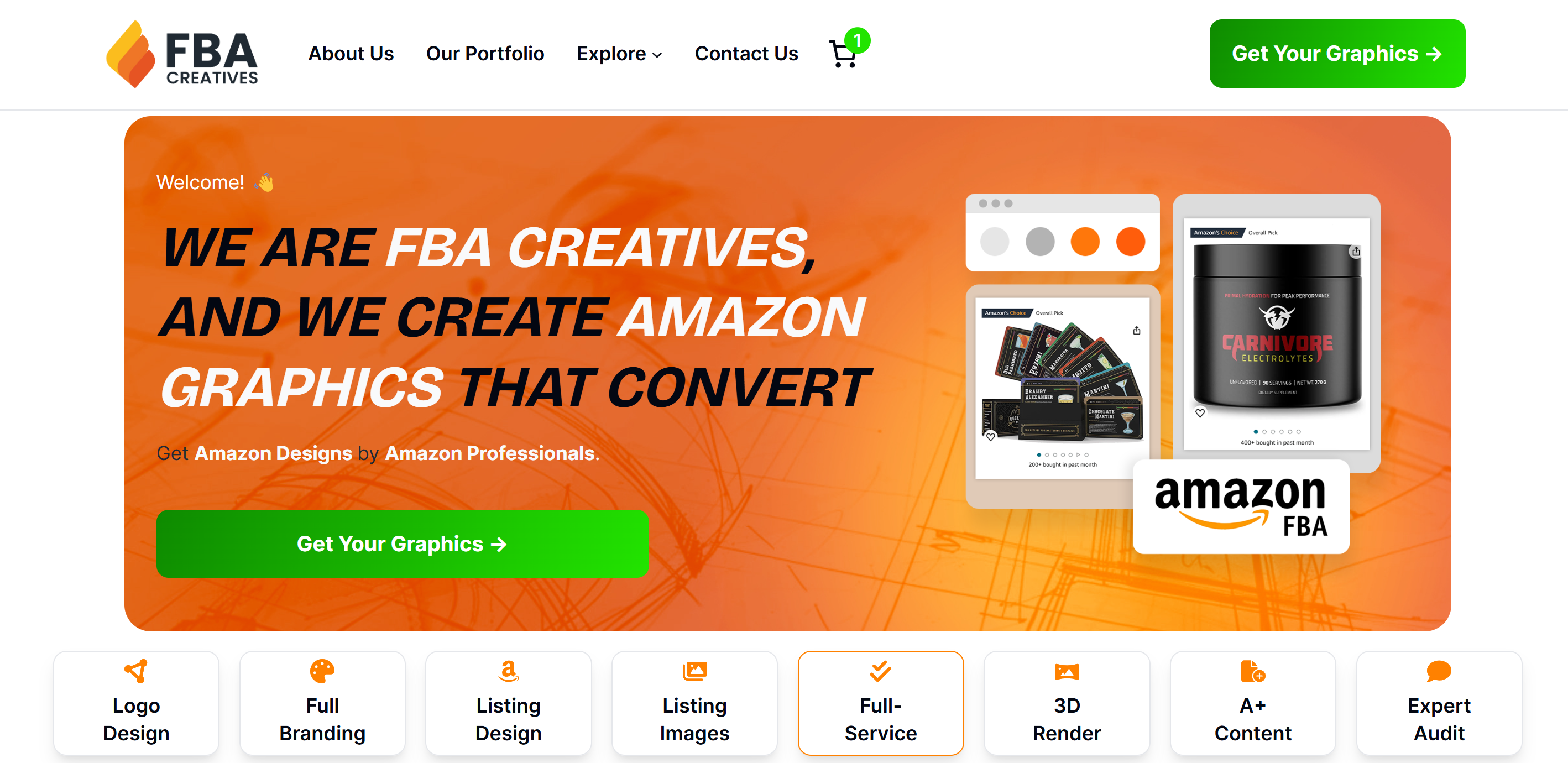
Branding is crucial in making a product stand out. Hank spent $5,000 designing his logo, packaging, and website graphics. By working with a skilled designer, he ensured that his product looked professional and appealing.
For entrepreneurs on a budget, he recommends FBA Creatives. They are the only design company specialized on Amazon listings. He also emphasizes the importance of high-quality product images, which can make or break an Amazon listing. A well-crafted product page with engaging visuals, informative bullet points, and persuasive descriptions can significantly impact conversion rates.
A strong brand identity builds trust and customer loyalty. Hank focused on storytelling through his packaging, ensuring that customers understood the unique benefits of miracle berries before even opening the product. This approach not only improved sales but also led to high customer retention rates.
Legal Protections and Business Structure

To protect his brand, Hank registered an LLC for $800, secured multiple trademarks for $1,250, and obtained UPC barcodes for $300. Having legal protections in place ensured that his business and brand were safeguarded from potential legal issues.
A common mistake many new entrepreneurs make is skipping this step to save money. However, failing to register a business properly can lead to serious legal complications down the line. By investing in these protections early on, Hank ensured that Nature’s Wildberry had a solid legal foundation, preventing copycats from taking advantage of his hard work.
Finding a Manufacturer and First Production Run
Finding the right manufacturer was a challenge, as many required large minimum order quantities. Hank invested $20,000 in his first production run, ensuring he had enough inventory to meet demand.
For those looking for a manufacturer, he suggests using Alibaba, ThomasNet, or simply searching for “[Product] Manufacturer” on Google. He also advises reaching out to multiple suppliers to compare costs, quality, and reliability before making a final decision.
First-Year Sales on Amazon FBA
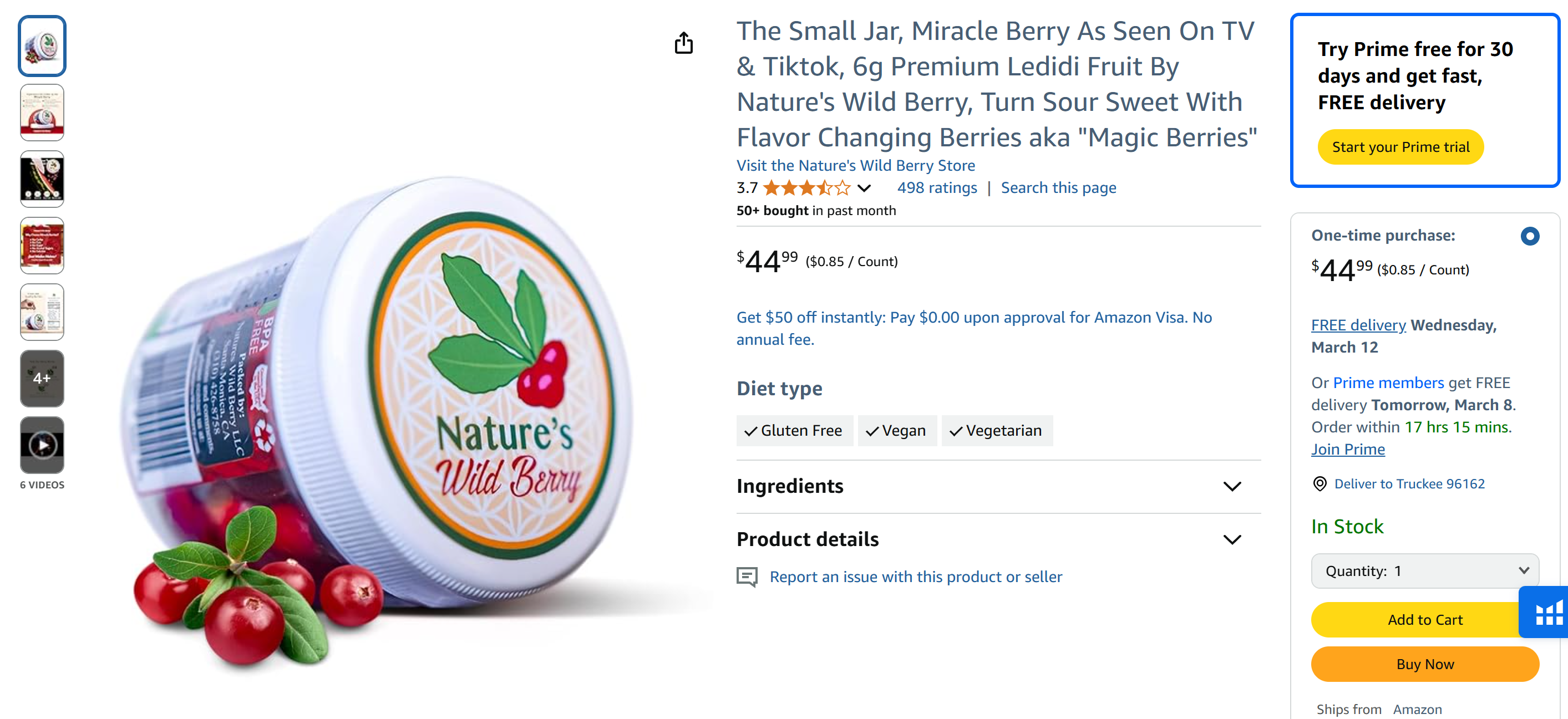
Launching on Amazon was a significant milestone for Hank, but the real test came in the first year of sales. Despite initial uncertainty, Nature’s Wildberry gained traction quickly. The product had a unique selling point, which set it apart from conventional health supplements and food additives.
In his first year, Hank generated over $100,000 in revenue, a remarkable achievement for a new Amazon seller. However, as he soon learned, revenue does not equal profit. After factoring in production costs, Amazon’s referral fees, fulfillment charges, advertising expenses, and other operational costs, his net profit amounted to $37,300.
Hank also realized that setting the right price point was crucial. To attract more customers, he introduced a lower-cost single-serving pack while maintaining his premium larger pack at $50. This strategic pricing helped increase conversions while still maintaining profitability.
Scaling Up: Year 2 to Year 4 Growth
As Hank gained experience and optimized his business operations, sales continued to grow. Each year, he reinvested in his business, improving his product listings, scaling production, and experimenting with new marketing strategies. The results were impressive:
- Year 2: Revenue increased to $188,000, nearly doubling profits from the first year. Hank invested more in advertising and influencer partnerships to expand his reach.
- Year 3: Nature’s Wildberry saw its biggest jump yet, generating $320,000 in revenue. By now, the brand had gained a loyal customer base, and word-of-mouth marketing played a significant role in driving sales.
- Year 4: Revenue reached an all-time high of $500,000, with net profits of over $180,500. This success was fueled by better PPC (pay-per-click) advertising campaigns, strong customer retention, and a growing online presence.
One key factor that contributed to Hank’s growth was his focus on customer engagement. He actively responded to customer inquiries, encouraged user-generated content, and leveraged testimonials to build trust in his brand. By prioritizing customer satisfaction, he not only increased repeat purchases but also received organic referrals, which further boosted sales.
The 3 Costly Mistakes That Cost me millions
Even with his success, Hank made mistakes that cost him significant revenue. Here are the three biggest missteps he encountered:
Mistake #1: Inefficient Marketing Strategy
In the beginning, Hank allocated $20,000 toward advertising without a clear strategy. Instead of focusing on targeted Amazon PPC campaigns, he spent too much on general ads that didn’t convert well. It was only after refining his strategy—by analyzing customer search trends and optimizing his ad spend—that he saw better results.
The lesson? Effective marketing isn’t about spending more money; it’s about spending it wisely. Tracking ad performance and adjusting campaigns regularly is crucial to maximizing ROI.
Mistake #2: Launching Too Many Products Too Soon
After the success of his first product, Hank rushed to launch a second one—a variation called Barely Bears. However, the new product failed to gain traction, costing him $40,000 in development and marketing expenses. Customers weren’t looking for a new format; they simply wanted the original miracle berries.
This mistake reinforced an important lesson: entrepreneurs should focus on perfecting and scaling their core product before diversifying. Expanding too quickly can spread resources too thin, leading to financial losses.
Mistake #3: Waiting Too Long to Start
Perhaps the most significant mistake Hank made was waiting three years before fully committing to his business. Had he taken action sooner, he estimated that he could have made an additional $1 million in revenue. Procrastination is often driven by fear of failure, but as Hank learned, the only real failure is never starting at all.
Key Takeaways for amazon fBA Sellers
Hank’s journey is proof that success in e-commerce is achievable with the right approach. Here are some key lessons that any aspiring entrepreneur can learn from his experience:
- Take action now. The sooner you start, the sooner you’ll see results.
- Focus on branding. A strong, memorable brand builds customer loyalty.
- Use Amazon FBA to streamline fulfillment. Let Amazon handle logistics while you focus on growth.
- Invest in customer engagement. Happy customers lead to repeat business and organic referrals.
- Leverage the Passion Product Formula. Creating a unique product with a compelling story can set you apart from the competition.
For those looking to follow in Hank’s footsteps, investing in education and mentorship is invaluable. Programs like the Passion Product Formula offer step-by-step guidance on how to create, market, and scale a successful product-based business.
FAQs
1. What is Amazon FBA, and how does it work?
Amazon FBA (Fulfilled by Amazon) is a service that allows sellers to store their products in Amazon’s warehouses. When a customer places an order, Amazon handles packaging, shipping, and customer service on the seller’s behalf.
2. How much money do I need to start an Amazon FBA business?
Startup costs vary, but it’s recommended to have at least $5,000–$10,000 for inventory, branding, and marketing to ensure a strong launch.
3. How can I find a good manufacturer for my product?
Use platforms like Alibaba, ThomasNet, or even direct searches on Google to find reputable manufacturers. Request samples, negotiate pricing, and ensure quality control before committing.
4. What is the Passion Product Formula?
The Passion Product Formula is a course designed to help entrepreneurs create and scale unique products on Amazon. It covers everything from product research and branding to marketing and sales strategies.
5. Is it too late to start selling on Amazon?
No! While competition has increased, there is still plenty of opportunity for sellers who offer unique, high-quality products with strong branding and marketing strategies.


